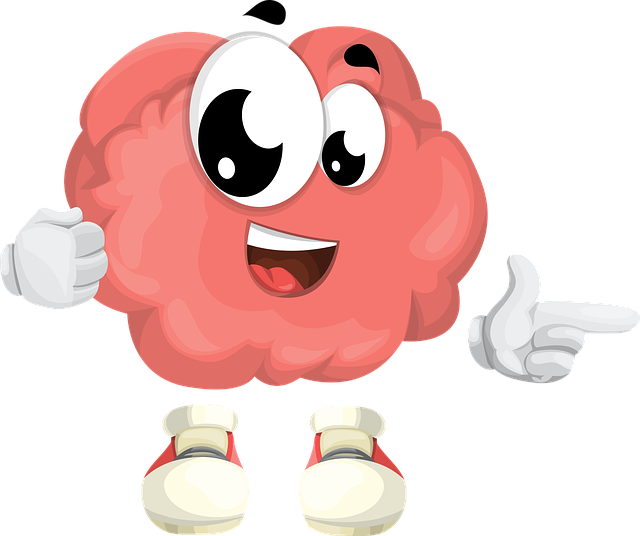Studying abroad is one of the most exciting activities you can do as a college student, especially if you’ve never been abroad before or are trying to learn a foreign language. But like college, study abroad programs can cost a pretty penny, which is why you should definitely apply for study abroad scholarships.
In this guide, we'll go over how much study abroad programs typically cost, what kinds of study abroad scholarships are available and what these scholarships usually cover, how to find study abroad scholarships, and finally how to make your scholarship application stand out.
























